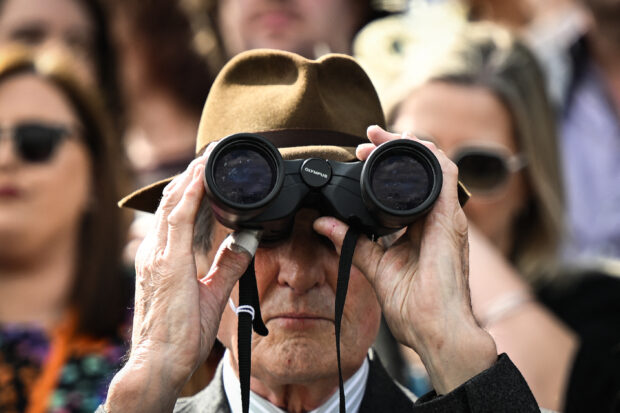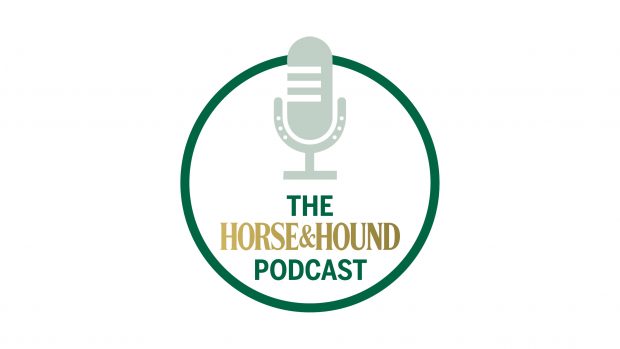Now the National Hunt season has kicked off, jump jockeys across the country will be bidding to get as many wins under their belts before the season finale in April.
It takes incredible commitment, dedication and bravery to lead the life of a jockey — here are a few facts and figures that may surprise you.
- A National Hunt jockey jumps around 7,000 obstacles — including hurdles and fences — throughout the year. Stacked up one on top of another that’s almost the height of Mount Everest.
- They drive 70,000 miles a year to and from racecourses, which is the equivalent to travelling around the equator nearly three times.
- A total of 1,200 hours is spent in the car, adding up to an equivalent of 50 days.
- They can be riding out up to four lots of horses on a morning before heading to racing which helps keep them fit — they can also do work on an Equicizer at home to maintain riding fitness.
- Tasting the turf — a jump jockey will fall one in every 17 rides.
- Even though they are rivals on the racecourse, in the weighing room there is great camaraderie between jockeys — they are a close-knit group.
- They will ride over a total distance of 1,300 miles over a year — that’s like travelling from London to Rome.
- On some days, they can be doing lightweight as low as 10 stone (or possibly under) so jockeys often have to restrict their diets to make the weight — usually keeping fuelled-up during the day by drinking energy drinks.
- The jockeys will be watched by 2.5million spectators, who will go jump racing during one season — that’s enough people to fill Wembley stadium 28 times over.
- They are competing for a total of over £43million in prize-money — enough to buy an exclusive island resort.
- The man they all have to beat is current Stobart champion jump jockey Richard Johnson, who is leading the jockey standings ahead of Sam Twiston-Davies and will hope to retain his title this season.
A typical day for a jump jockey:
- 6-11am: wake up, ride out horses and go to the gym
- 11am-1pm: drive to the racecourse
- 1-4pm: afternoon at the racecourse — riding in races roughly every 30 minutes
- 4-6pm: drive home
- 6-9pm: arrive home, have a light dinner, watch race replays and downtime before bed





